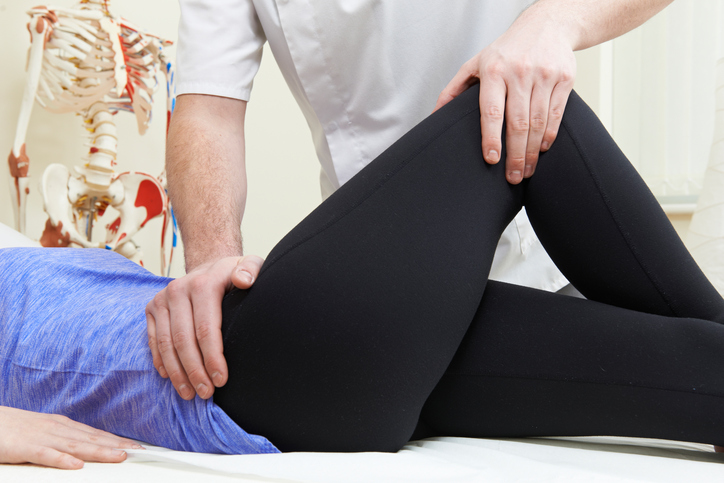From osteoarthritis to a prosthesis
Osteoarthritis is defined as damage and/or wear and tear on a joint that the body cannot repair. This condition leads to the deterioration of the cartilage (the solid elastic material that covers and protects the ends of the bones) and the friction of the bone below it, which will cause pain, stiffness and swelling in the joint. Osteoarthritis can be caused by the normal ageing process or be the result of abnormal stress or injury.
The hips and knees are joints frequently affected by osteoarthritis and it is the main cause that will lead to the replacement of the hip or knee with a prosthesis.
Conservative treatment is considered at an early stage of osteoarthritis. Medication, ice and heat applications can help relieve pain. A consultation with a physiotherapist in Dwarka can be useful in order to maintain good mobility of the joints, reduce muscle tension around and strengthen the surrounding muscles.
When the pain becomes too strong, there is a significant loss of mobility, the function of the person is more and more limited and there has been a failure of conservative treatment, surgery (arthroplasty) becomes the best option.
Definition of arthroplasty
The arthroplasty can be qualified in many ways: total replacement of the hip, total replacement of the knee or more commonly called: prostheses of the hip or the knee.
This surgical procedure, performed by an orthopaedic surgeon in Delhi, consists of replacing the damaged joint with an artificial joint prosthesis. After making an incision at the joint, the surgeon removes damaged bone and cartilage tissue. Then, he reshapes the bone surfaces between which the prosthesis often made of the metal alloy will be inserted. Finally, the orthopedic in Delhi installs the prosthesis intended to replace part or all of the damaged joint and most often fixes it with special instant-hardening cement.
Physiotherapy before and after surgery
Physiotherapy in Dwarka is essential after the operation but is also very relevant before surgery. Recovery from arthroplasty is often faster if the person is in good shape before surgery. The physiotherapist in Janakpuri can, therefore, teach mobility and strengthening exercise program adapted to the pain. He can also teach transfers, positioning, the use of a walking accessory and set realistic goals with the patient before his operation.
Once operated, it is important to respect the restrictions required by the orthopaedic in Delhi who may vary depending on the different approaches used and the condition of the person. Again, a program of mobility exercises, strengthening and transfers will be taught by the best physiotherapist in Dwarka and will evolve over time depending on the recovery of the person. The return to normal function is the objective and the return to sport can be discussed with the attending surgeon according to the evolution.
The speed of recovery varies from one person to another and can be influenced by the initial physical form, the attendance at the exercises taught in physiotherapy and the respect of the advice of the specialists involved.
Do not hesitate to make an appointment with one of our physiotherapists to take charge of your condition linked to osteoarthritis or for your knee or hip prosthesis follow-up.

